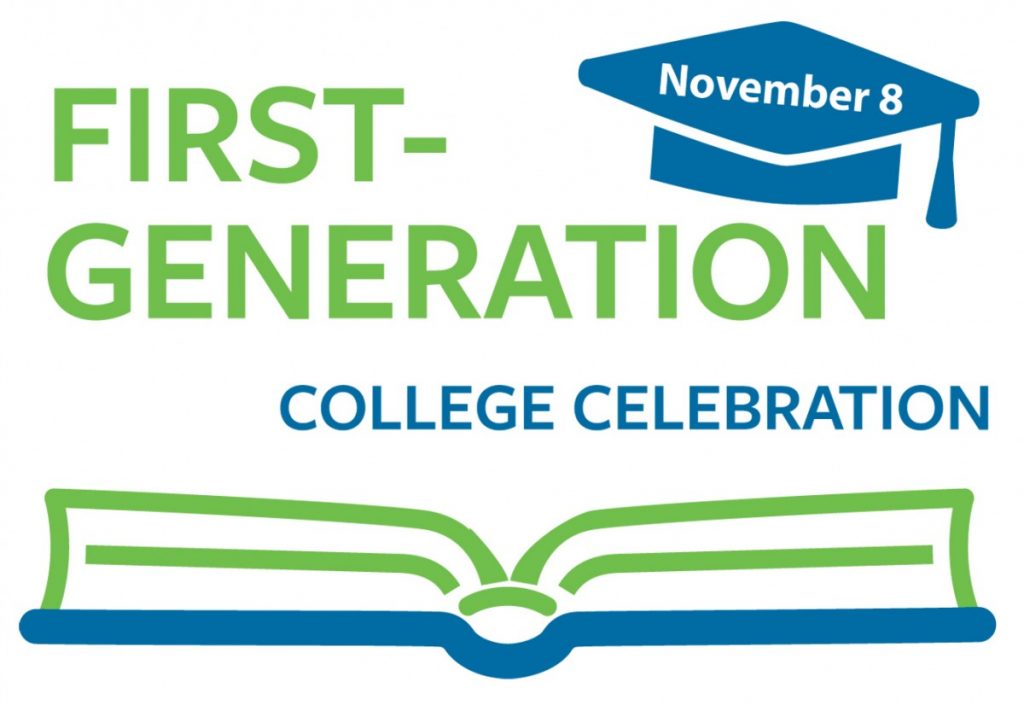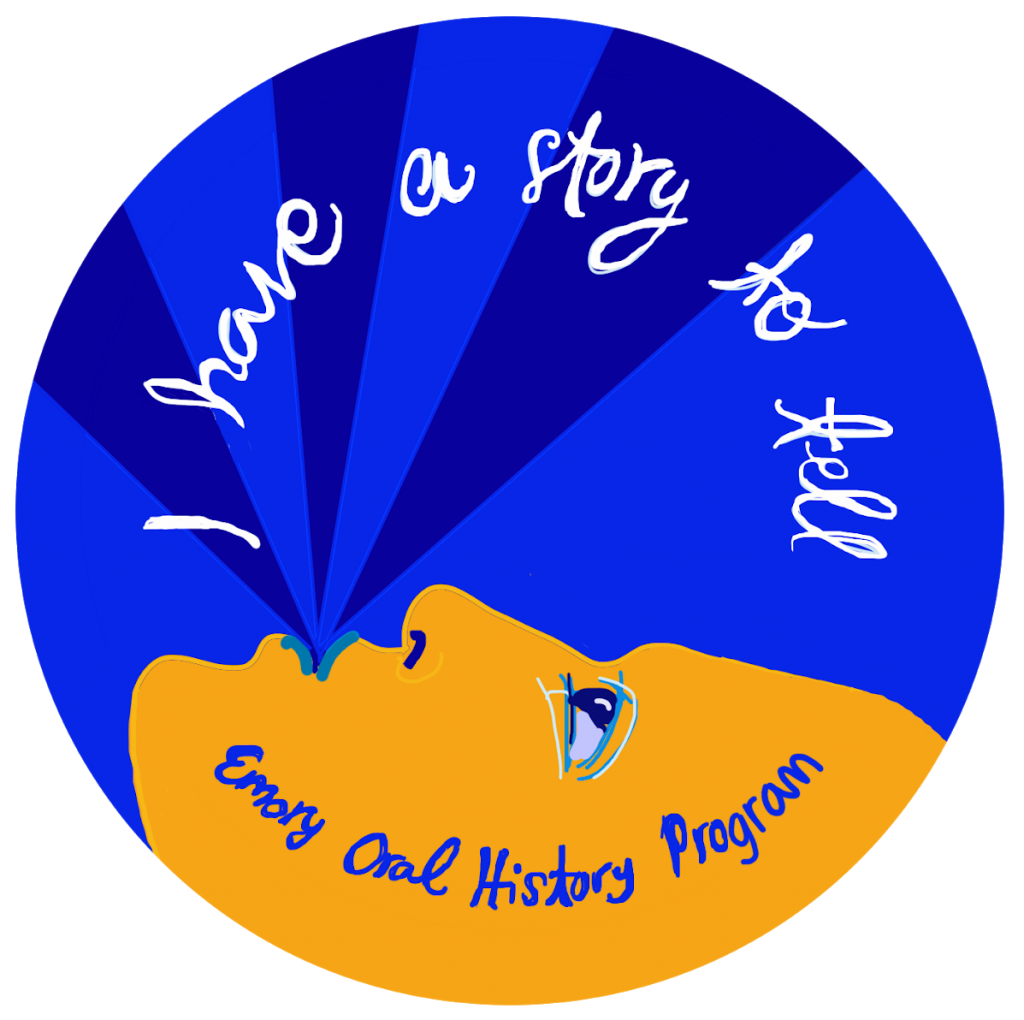 The Emory Oral History Program (EOHP) joins in celebrating the National First-Generation College Day! First-generation college students, staff, and faculty have participated in oral history interviews with us since 2017. In fact, the Emory Oral History Program has grown from an initial project to interview first-generation students, and we want to share some insights from our narrators and highlight the importance of these stories.
The Emory Oral History Program (EOHP) joins in celebrating the National First-Generation College Day! First-generation college students, staff, and faculty have participated in oral history interviews with us since 2017. In fact, the Emory Oral History Program has grown from an initial project to interview first-generation students, and we want to share some insights from our narrators and highlight the importance of these stories.
The EOHP practices oral history as a humanistic method of discovery that incorporates technology and archival practices with the goal of better understanding the communities we live in. Oral history interviews are a dynamic process of co-creation whereby individuals’ lived experiences are recorded in their own words as they choose to narrate them through one-to-one conversations.
 In our interviews, narrators discuss what it means to be a first-generation college student and situate these experiences in the history and context of their lives. The stories are diverse and expansive, often including the journey to college and adjusting to life away from home, navigating the campus and the classroom, and adapting to institutional and social norms. Many participants emphasized the importance of organizational and institutional support for first-generation students and identified further needs. But one overarching theme is of resilience: overcoming challenges, finding community, and providing support for other students. As one narrator shared:
In our interviews, narrators discuss what it means to be a first-generation college student and situate these experiences in the history and context of their lives. The stories are diverse and expansive, often including the journey to college and adjusting to life away from home, navigating the campus and the classroom, and adapting to institutional and social norms. Many participants emphasized the importance of organizational and institutional support for first-generation students and identified further needs. But one overarching theme is of resilience: overcoming challenges, finding community, and providing support for other students. As one narrator shared:
“There’s inequalities and there’s obstacles, there’s glass ceilings. But I think that we can’t internalize that as being our fault . . . and it not our fault and that’s why we have to work hard . . . and make sure that we pave that way and build it for others behind us.” (J.P., Emory University senior, 2018)
Hearing first-generation student stories builds relationships among the community and boosts academic engagement. The narrators shed light on the crucial factors that influence the pursuit of higher education, including topics of race and class, family dynamics, feelings of belonging, mentorship, and the impact of the pandemic, to name a few.
The EOHP will continue to invite first-generation students, staff, and faculty to share their experiences. In agreement with the participants, the resources we co-create will be preserved and made available in the University Archive for research, education, and the interested public. We are excited to continue this work and celebrate diversifying the university’s historical record with the important stories, experiences, and perspectives of first-generation college students.
For more information, please see the Emory Oral History Program webpage.
By Jonathan Coulis, Emory Oral History Program coordinator
